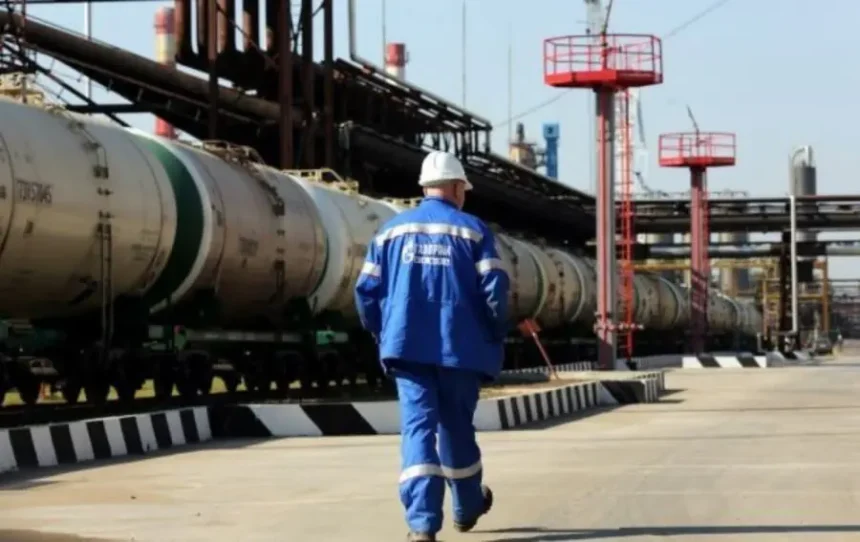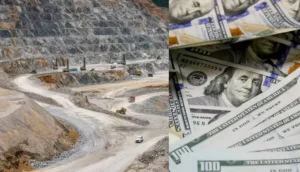Since the start of the full-scale war in Ukraine, EU countries have already transferred over 200 billion euros to Russia for energy supplies. Sanctions on oil and coal are already in place, and the end of gas imports is planned for 2027.
This is reported by the Financial Times. According to the publication, this week the European Commission intends to present new legal instruments for a complete ban on fossil fuel imports from Russia – oil, gas and coal. At the same time, the solution to another issue – dependence on Russian nuclear technology – has been postponed.
In 2024, Russia received about 22 billion euros from EU countries, of which about 700 million were for nuclear fuel supplies. Despite the relatively small volume, abandoning the Russian nuclear industry is a much more difficult task than switching to alternative sources of oil or gas.
The reason is high technical dependence. The EU has 101 nuclear reactors, 19 of which are Soviet-era VVERs and are the most dependent on Russian supplies. It is estimated that up to 25% of the uranium used in Europe comes from Russia, and a number of facilities continue to order equipment and technical support from Russian companies.
“The uranium supply chain is extremely complex, so a step-by-step approach is needed,” the energy expert noted.
At the same time, EU representatives say they are aiming to completely stop importing Russian nuclear technology by the 2030s. According to official documents, this will require investing at least 241 billion euros in developing their own nuclear fuel infrastructure.
The issue of abandoning cooperation with Russia in the nuclear energy sector will be discussed at a meeting of EU ministers, where they plan to discuss the future of the industry and the necessary investments.
The implementation of this plan may be difficult, given Russia’s leading position in the global nuclear technology market.
“Rosatom is one of the largest companies covering all key areas of nuclear energy,” the publication quotes an industry expert as saying.
Earlier, the media noted that the new EU sanctions are not yet having a significant impact on the Russian economy. In 2025, the export of raw materials and fuel from Russia to the EU could bring Moscow more income than Europe allocates for military aid to Ukraine.
Բաժանորդագրվեք մեր ալիքին Telegram-ում







